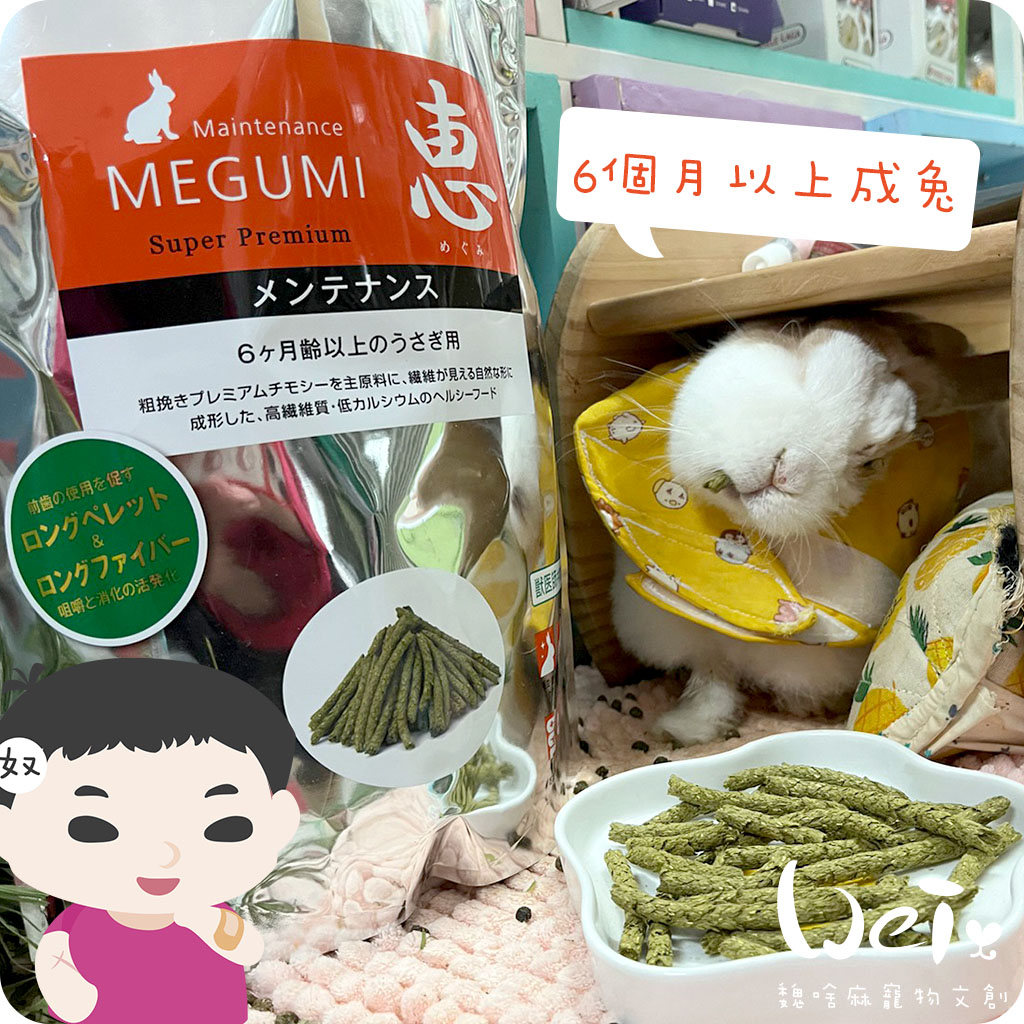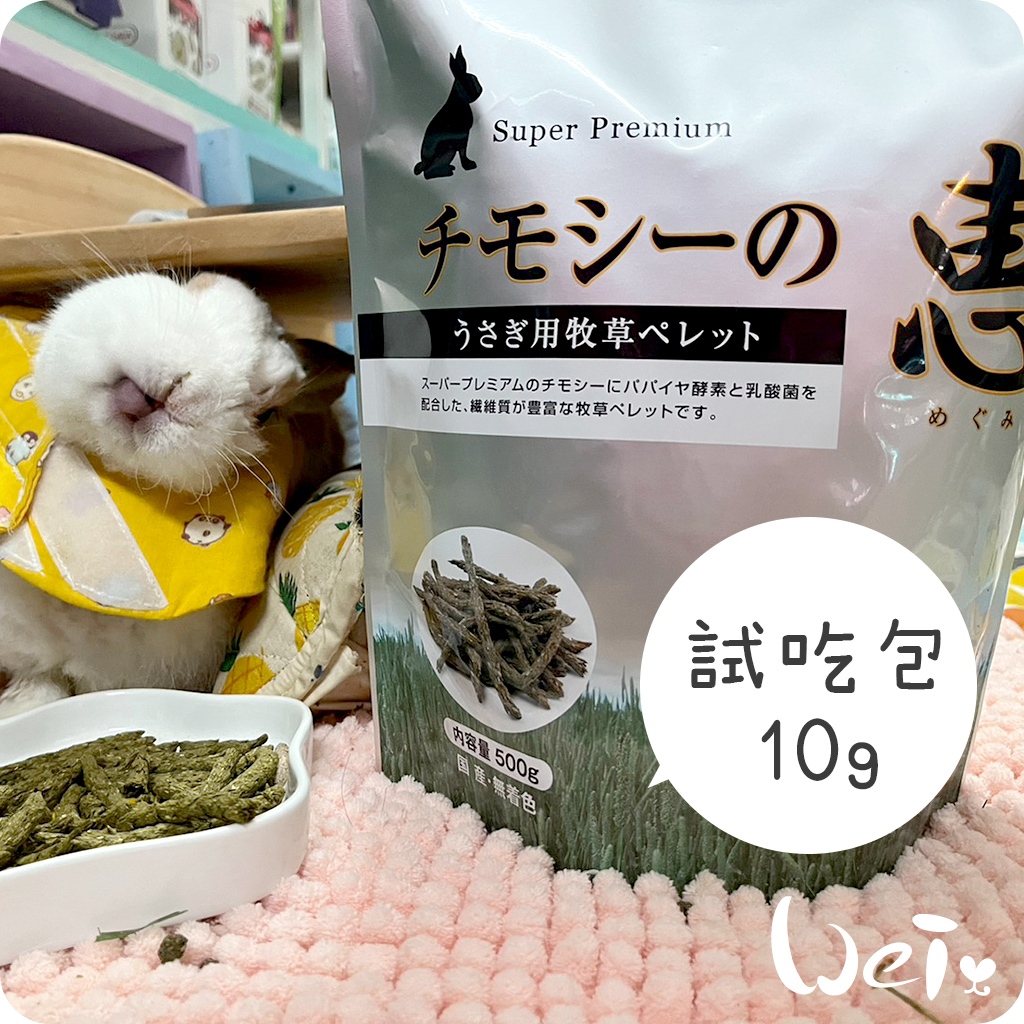Okay, here’s an article on alfalfa-free rabbit food, designed to be around 1200 words. I’ve aimed for a comprehensive and informative piece.
The Great Alfalfa Debate: Feeding Your Rabbit Without It
Alfalfa. It’s a common ingredient in many rabbit foods, especially those marketed towards young rabbits. But is it necessary? And are there situations where it’s actually detrimental? The answer, as with many aspects of rabbit care, is nuanced. This article will delve into the pros and cons of alfalfa, explore the reasons why you might choose an alfalfa-free diet for your bunny, and provide guidance on selecting the best alternatives.
Why Alfalfa Is So Common in Rabbit Food
Alfalfa is a legume, much like clover or peas. In its dried form, it’s a highly nutritious food source, packed with:
- Protein: Essential for growth and development, particularly in young rabbits.
- Calcium: Crucial for strong bones and teeth.
- Fiber: Necessary for proper digestive function.
- Vitamins and Minerals: Including vitamins A, D, E, and K, as well as potassium and iron.
Because of its rich nutrient profile, alfalfa is often included in rabbit pellets, especially those formulated for:
- Young Rabbits (Kits): Growing bunnies need the extra protein and calcium that alfalfa provides to support rapid development.
- Pregnant or Nursing Does: These rabbits have increased nutritional demands to support their own health and the health of their offspring.
- Sick or Recovering Rabbits: Alfalfa can help provide the extra nutrients needed to recover from illness or surgery.
The Case Against Alfalfa: When Is It Not the Best Choice?
While alfalfa offers many benefits, it’s not always the ideal food choice for all rabbits. The primary concern revolves around its high calcium and protein content.
Calcium Overload
Rabbits absorb calcium differently than many other mammals. They absorb almost all the calcium they ingest, regardless of whether their bodies need it. Excess calcium is then excreted through their urine.
- Sludge and Stones: Consuming too much calcium can lead to the formation of calcium carbonate crystals in the urine. This can result in “sludge” in the bladder, making urination difficult and painful. In severe cases, these crystals can develop into bladder stones, requiring veterinary intervention, often surgery.
- Kidney Issues: Continual excess calcium excretion can strain the kidneys over time, potentially leading to kidney problems.
Protein Excess
While protein is essential, too much can also be problematic.
- Digestive Issues: Excess protein can disrupt the delicate balance of bacteria in the rabbit’s gut, potentially leading to digestive upset, including diarrhea.
- Obesity: While less direct than the calcium issue, a high-protein, high-calorie diet can contribute to weight gain if not balanced with sufficient exercise and other lower-calorie foods.
The Mature Rabbit
The biggest concern with alfalfa is for adult rabbits who are not pregnant, nursing, or recovering from illness. Their growth phase is complete, and their calcium and protein needs are significantly lower. Continuing to feed them a diet high in alfalfa can increase their risk of developing the health problems mentioned above.
Identifying Alfalfa in Rabbit Food
The first step in making an informed decision is knowing how to identify alfalfa in your rabbit’s food.
- Read the Ingredient List: Look for “alfalfa meal,” “dehydrated alfalfa,” or simply “alfalfa.” It’s usually listed prominently in the ingredient list if it’s a significant component.
- Analyze the Guaranteed Analysis: Pay attention to the calcium and protein percentages. While there’s no single “too high” number, generally, a calcium level above 1% and a protein level above 16% in adult rabbit food might warrant closer scrutiny, especially if your rabbit has a history of urinary issues.
Transitioning to an Alfalfa-Free Diet
If you’ve decided to switch your rabbit to an alfalfa-free diet, it’s crucial to do so gradually. A sudden change in diet can upset their digestive system.
- Mix Old and New: Start by mixing a small amount of the new alfalfa-free food with the old alfalfa-based food.
- Gradually Increase: Over a period of 7-10 days, gradually increase the proportion of the new food while decreasing the proportion of the old food.
- Monitor Stool: Keep a close eye on your rabbit’s stool. Soft stools or diarrhea could indicate that the transition is happening too quickly. If this occurs, slow down the process.
- Hay is Key: Remember that hay should make up the vast majority of your rabbit’s diet (around 80%).
Choosing the Right Alfalfa-Free Rabbit Food
When selecting an alfalfa-free rabbit food, consider the following:
Timothy Hay-Based Pellets
Look for pellets that are primarily based on timothy hay. Timothy hay is a grass hay, which is lower in calcium and protein than alfalfa. This makes it a more suitable base for adult rabbit food.
Ingredient Quality
Pay attention to the other ingredients in the pellets. Look for:
- Whole Grains: Oats, barley, or wheat (in appropriate amounts) can provide carbohydrates for energy.
- Vegetables: Carrots, spinach, or other vegetables can add vitamins and minerals.
- Avoid Fillers: Avoid foods that contain a lot of fillers like corn, soy, or artificial colors and preservatives.
Fiber Content
Ensure the pellets have a high fiber content (typically 18% or higher). Fiber is essential for maintaining healthy digestion.
Vitamin and Mineral Supplementation
The pellets should be properly supplemented with essential vitamins and minerals to ensure your rabbit receives a balanced diet.
Brands to Consider (Examples – always check current ingredients)
- Oxbow Animal Health (Bunny Basics/Essentials Adult Rabbit Food): A popular and widely recommended brand known for its high-quality timothy hay-based pellets.
- Small Pet Select Rabbit Food Pellets: Another excellent option with a focus on natural ingredients.
- Science Selective Rabbit Food: A good choice, readily available and often recommended by vets.
Note: Always double-check the ingredient list as formulations can change.
The Importance of Hay and Fresh Greens
Regardless of whether you choose alfalfa-free pellets, remember that hay and fresh greens are the cornerstones of a healthy rabbit diet.
- Hay (80% of Diet): Timothy hay, orchard grass, or other grass hays should be available at all times. Hay provides essential fiber for digestion and helps wear down their teeth.
- Fresh Greens (10-15% of Diet): A variety of leafy green vegetables, such as romaine lettuce, kale, parsley, and cilantro, should be offered daily.
- Pellets (5-10% of Diet): Pellets should be a small portion of the overall diet, used primarily to supplement hay and greens.
- Treats (Very Limited): Fruit and other sugary treats should be given sparingly, if at all.
Consulting Your Veterinarian
Before making any significant changes to your rabbit’s diet, it’s always best to consult with your veterinarian. They can assess your rabbit’s individual needs and provide personalized recommendations based on their health status, age, and activity level. They can also help you monitor your rabbit for any signs of dietary problems.
Conclusion
While alfalfa can be beneficial for young, pregnant, or recovering rabbits, it’s often unnecessary and potentially harmful for adult rabbits. By understanding the pros and cons of alfalfa, learning how to identify it in rabbit food, and choosing a high-quality alfalfa-free alternative, you can help ensure that your bunny receives a balanced and healthy diet that supports their long-term well-being. Remember that hay and fresh greens are the foundation of a healthy rabbit diet, and consulting with your veterinarian is always a good idea.

